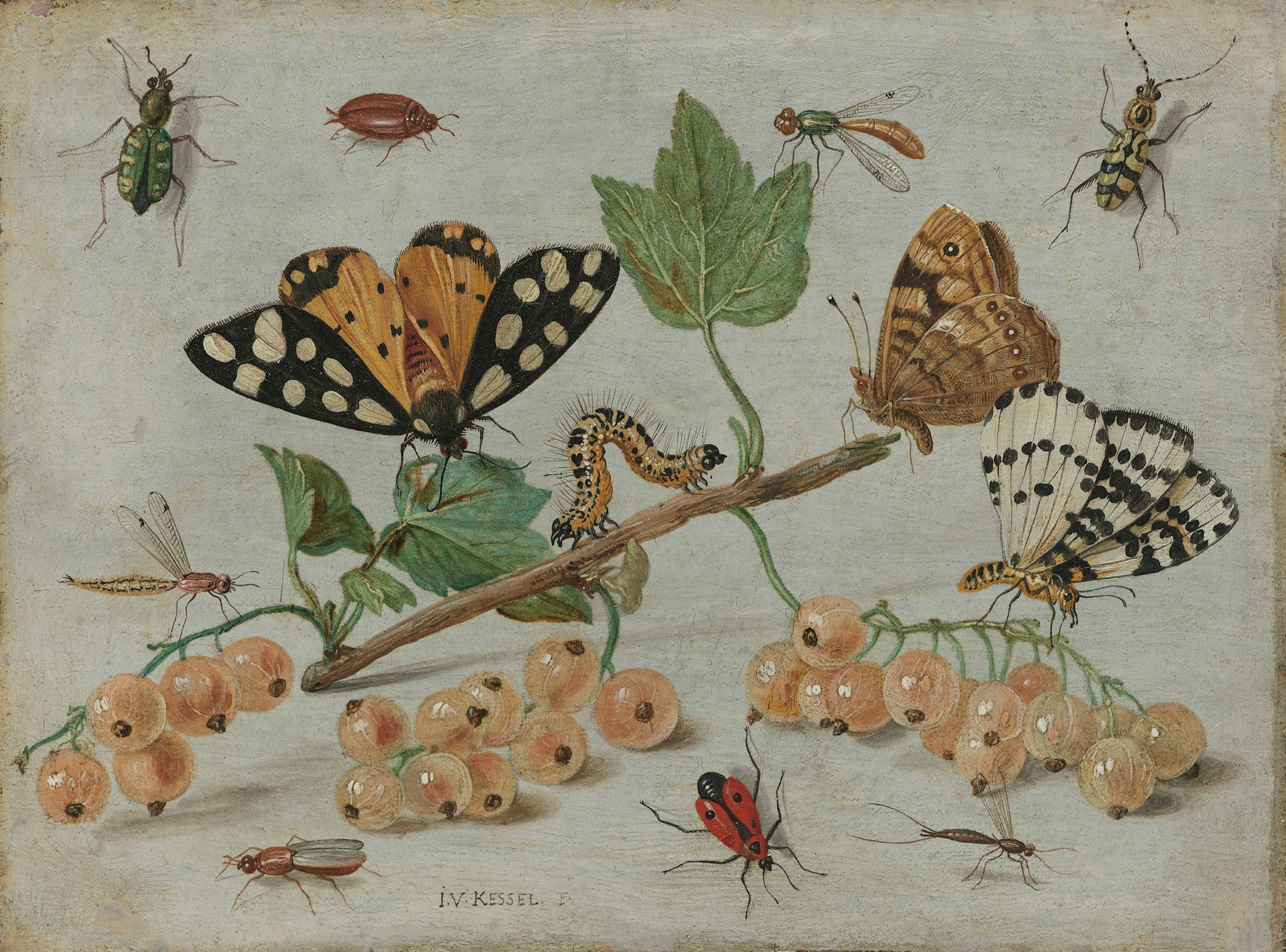A research team led by UD Professors Dion Vlachos, a chemical and biomolecular engineer, and Michael Crossley, an entomologist and wildlife ecologist at the University of Delaware have synthesised insecticidal compounds derived from biomasses like wood and corncobs that are effective and environmentally friendlier than general pesticides. These are new bio-pesticides, aim to provide pest control on the targeted organisms while having negative impacts on the general environment in a way common to chemical insecticides.
Sunitha Sadula, lab manager and senior scientist at the Delaware Energy Institute, described the bio-based molecules as “bridging molecules” between sodium hydroxide/ caustic based traditional solutions they currently use in industry with a more sustainable, ecologically beneficial methods. Sadula went onto say:
“The big-picture motivation was to address the need for minimising or ideally eliminating toxic chemicals on our food, in our water resources and in our environment,”
The need for the research is increasing due to increasing global demand of safer and sustainable means in agriculture. Present pesticides may bring about optimum control of pests yet when used they inflict a negative impact to other organisms and the environment. As the world population increases and is projected to reach over 8 billion, proper pest control is more important now than ever before while at the same time considering eco friendly measures. The new molecules synthesised by the research team at the University of Delaware might just offer a safer way of using materials such as waste from forestry and agriculture industries.
Besides their environmental impacts, these insecticides also come with economical advantages. Studies have shown that these molecules could be synthesised at a much lower cost than those of the traditional pesticides. This affordability makes them a practical solution for widespread use, helping to address one of the biggest challenges in sustainable agriculture: cost-effective scalability.
However much remains to be done. Researchers continue to test the effects of these new compounds to ensure they do not harm beneficial insects like bees, which are beneficial for pollination and are already under threat. These novelties in the molecular formulation have demonstrated effectiveness in laboratory trials against pests such as the lesser mealworm, though the later extensive use will be best served with further ecological and field investigations.
As companies like Bayer push ahead with bioinsecticide developments for arable crops, such as their recent acquisition of rights to a natural insecticide derived from olive oil, the agricultural industry seems to be moving more and more towards biological pest control.
With bio-based insecticides gaining momentum, the future of agriculture could be one where protecting crops no longer comes at the expense of the environment.

Hassan graduated with a Master’s degree in Chemical Engineering from the University of Chester (UK). He currently works as a design engineering consultant for one of the largest engineering firms in the world along with being an associate member of the Institute of Chemical Engineers (IChemE).



